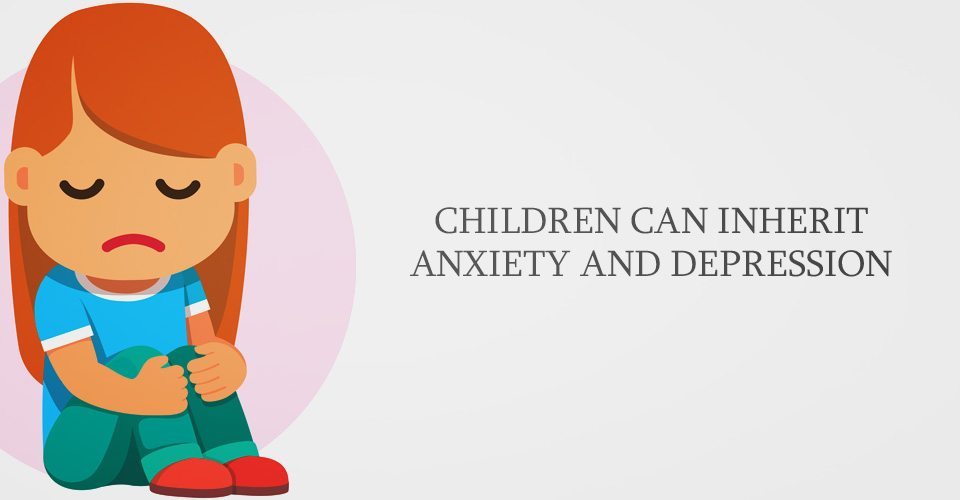
As a mother with a diagnosed anxiety disorder, I have found that treating my symptoms is critical to my ability to parent effectively. Truly, doing so is critical to my ability to simply live effectively. I find that mindfulness, exercise, and medication help to keep my anxiety in check. I am very grateful to have found a regimen that works for me.
As it turns out, anxiety management may be one of the many skills I will someday need to pass on to my children.
A recent study published in the journal Proceedings of the National Academy of Science found that there is, in fact, a genetic component to the development of anxiety and depression. The study determined that 35 percent of variation in anxiety levels can be explained by family history. This does not mean that my child is doomed to a world of anxiety. He shows no signs of it so far, and may live his entire life without it ever becoming a major concern. He will, however, be at a higher risk for developing anxiety than a child whose parents do not suffer from it.
As senior study author Ned Kalin explained, “Over-activity of these three brain regions are inherited brain alterations that are directly linked to the later life risk to develop anxiety and depression. Basically, we think that to a certain extent, anxiety can provide an evolutionary advantage because it helps an individual recognize and avoid danger, but when the circuits are over-active, it becomes a problem and can result in anxiety and depressive disorders. This is a big step in understanding the neural underpinnings of inherited anxiety and begins to give us more selective targets for treatment.”
It is hard to say whether an anxious nature is inherited exclusively by way of genetics. A tendency toward anxiety can also be learned.
After all, children tend to copy everything their parents do. Why wouldn’t this extend to our anxiety and depression? Our children learn how to live in the world by watching us interact with it. Is the tendency to inherit anxiety purely a product of nature, or does the way we choose to nurture our children also contribute to this?
Most likely, the increased risk comes from a combination of both factors. No matter the cause, I believe that the best thing I can do for my son is to continue to effectively treat my own anxiety. If I work hard to maintain a low anxiety level, he will not learn to be anxious from watching me. If he develops anxiety another way – from a genetic predisposition or an unusually stressful life, for example – he will have a healthy role model to look to regarding anxiety management. As is often the case, the best thing we can do for our children is to set an example. By practicing self-care, we can show them how to do the same.

